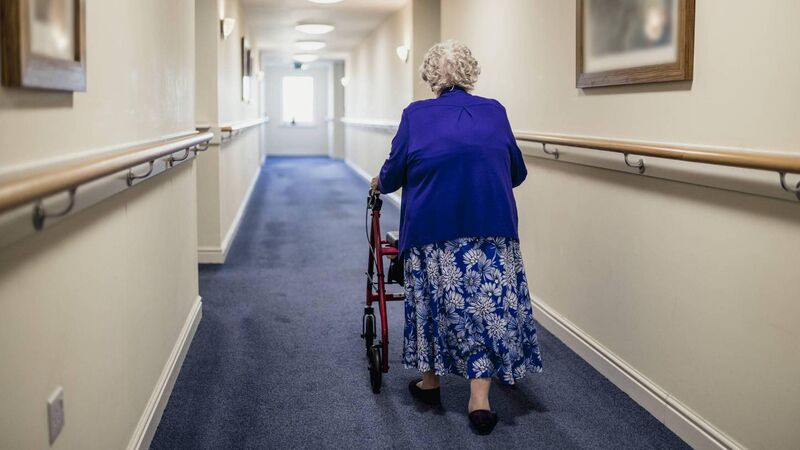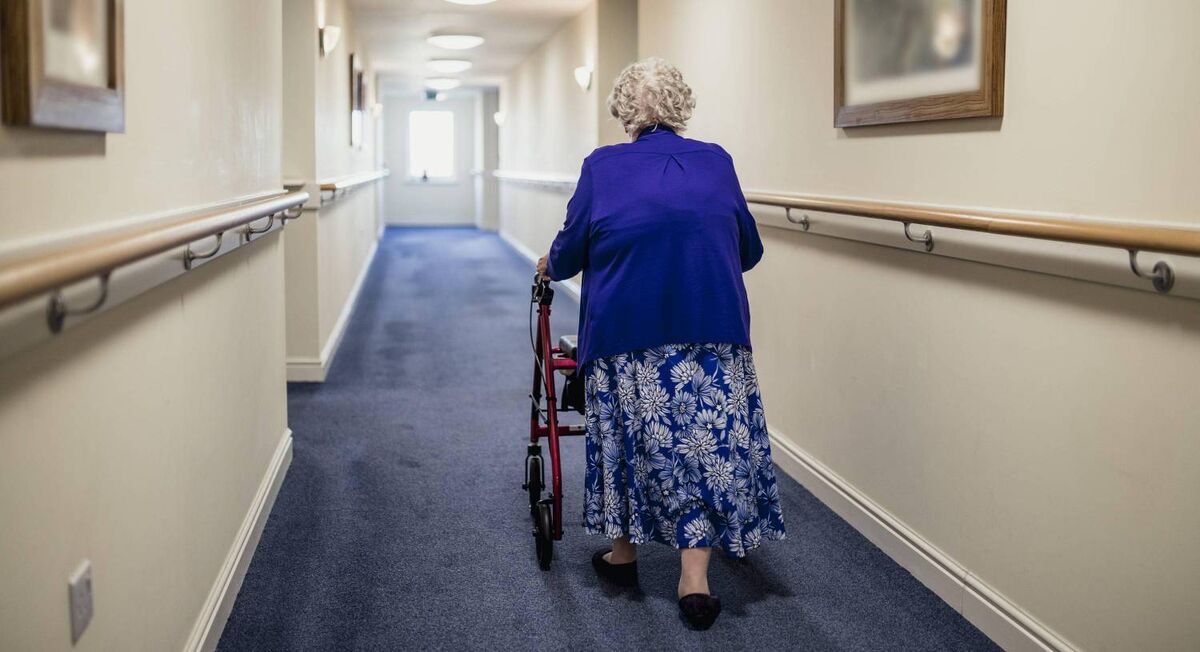Victoria White: We must outsource eldercare but radically smash the current model

As the blame-game continues over the 884 Covid-related deaths in nursing homes since the pandemic was declared, I’m thinking a lot about my mother’s last two years, writes












